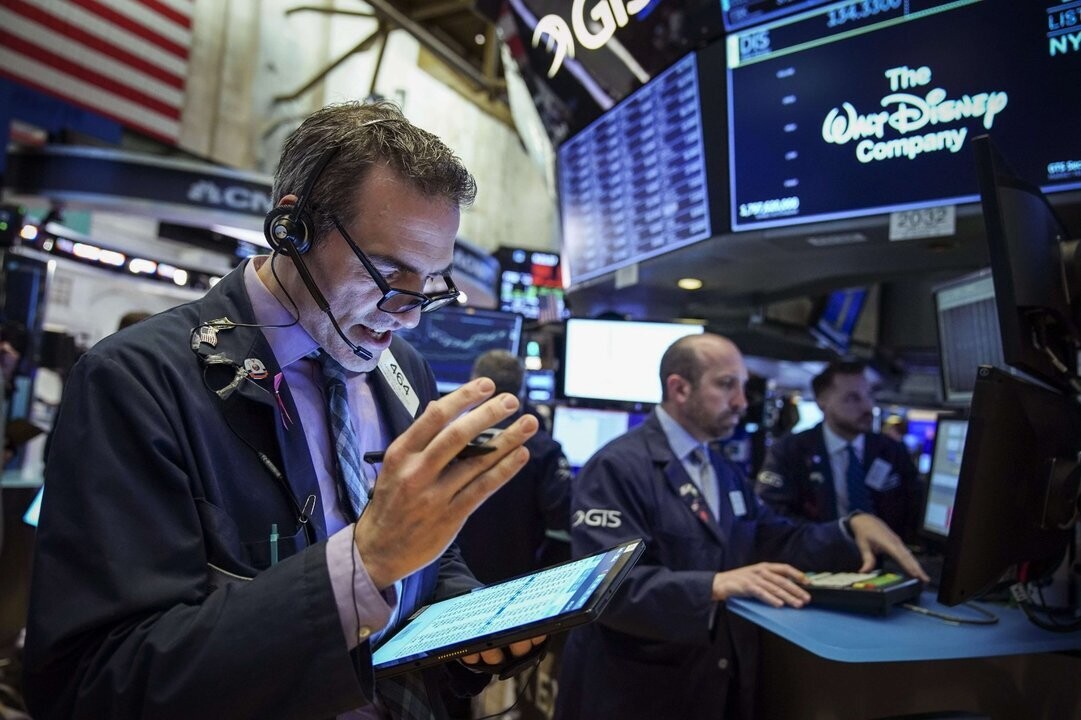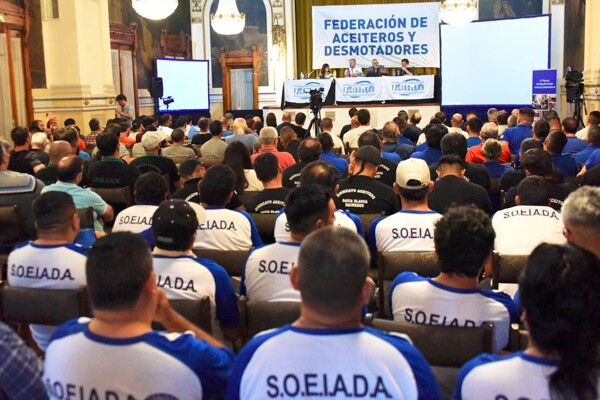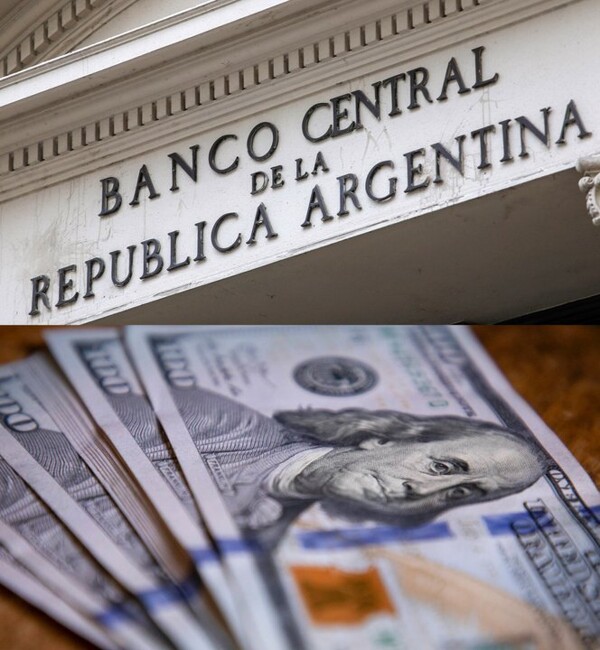
The country risk was positioned at 723 points, while the market reacted positively to the signing of the Decree of Necessity and Urgency that automatically approves the new agreement with the International Monetary Fund (IMF). Internationally, concerns arose about the fear of a recession in the United States due to the trade war unleashed by President Donald Trump, as well as the possibility of a ceasefire in Ukraine.
After the marked drop of the previous day, the leading index of BYMA experienced an increase of 1%, standing at 2,159,499.78 points. In this context, the leading stocks that gained the most were Transportadora de Gas del Sur (+2.9%), Banco Macro (+2.7%), and Loma Negra (+2.4%). On the other hand, Argentine stocks listed on Wall Street rose by up to 4.3%, led by Tenaris (+2.7%), followed by IRSA (+2.5%) and Corporación América (+2.5%).
Meanwhile, Wall Street experienced another day of volatility. Although the indices managed to close far from the day's lows, they ultimately could not end in the positive. Argentine stocks and bonds showed a rebound, unlike the global markets, which continue to be affected by the risk of recession caused by Trump's protectionist measures. The S&P Merval closed higher, as did the Argentine ADRs, while dollar-denominated bonds finished mixed.
In this context, the Dow Jones fell by 1.1%, the S&P 500 dropped by 0.7%, and the Nasdaq by 0.2%. Investor concerns about a possible economic slowdown increased following Trump's statements about a 'transition period' and his refusal to rule out a recession. Consequently, the yield on 10-year notes in the U.S. fell by 10 basis points, recording its largest daily decline in almost a month.














